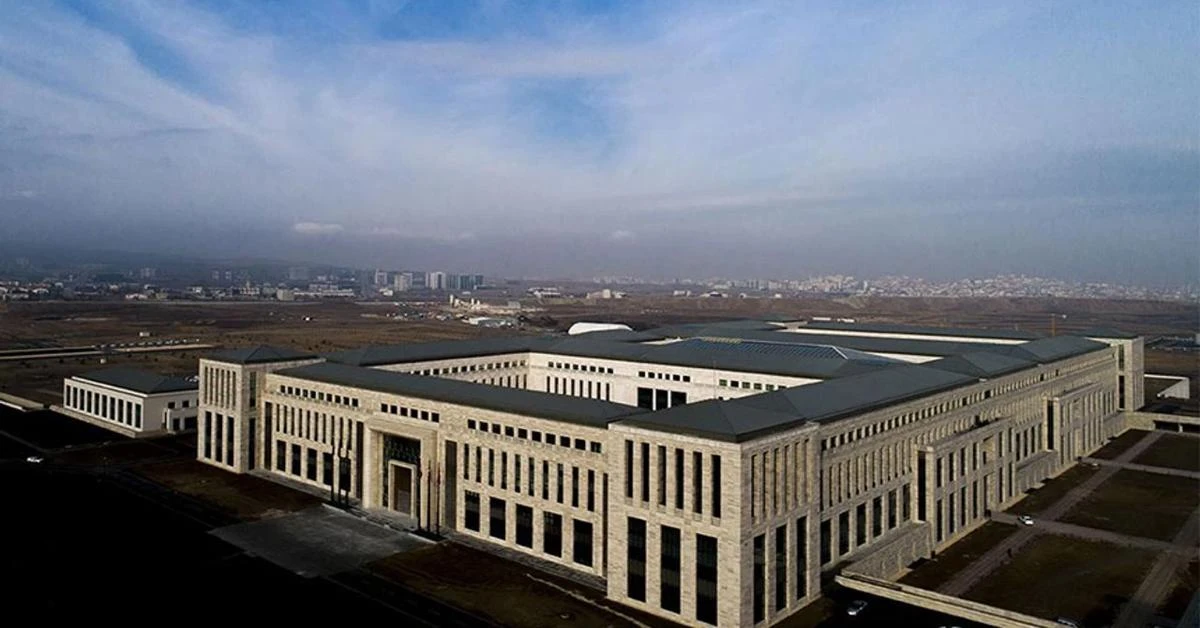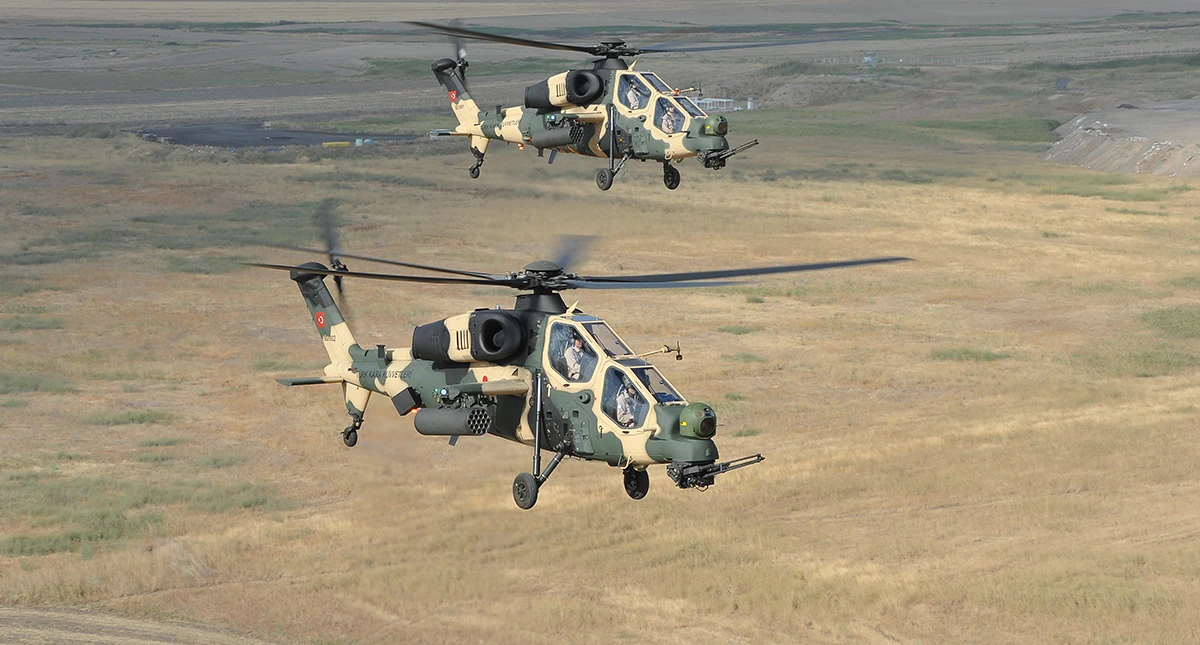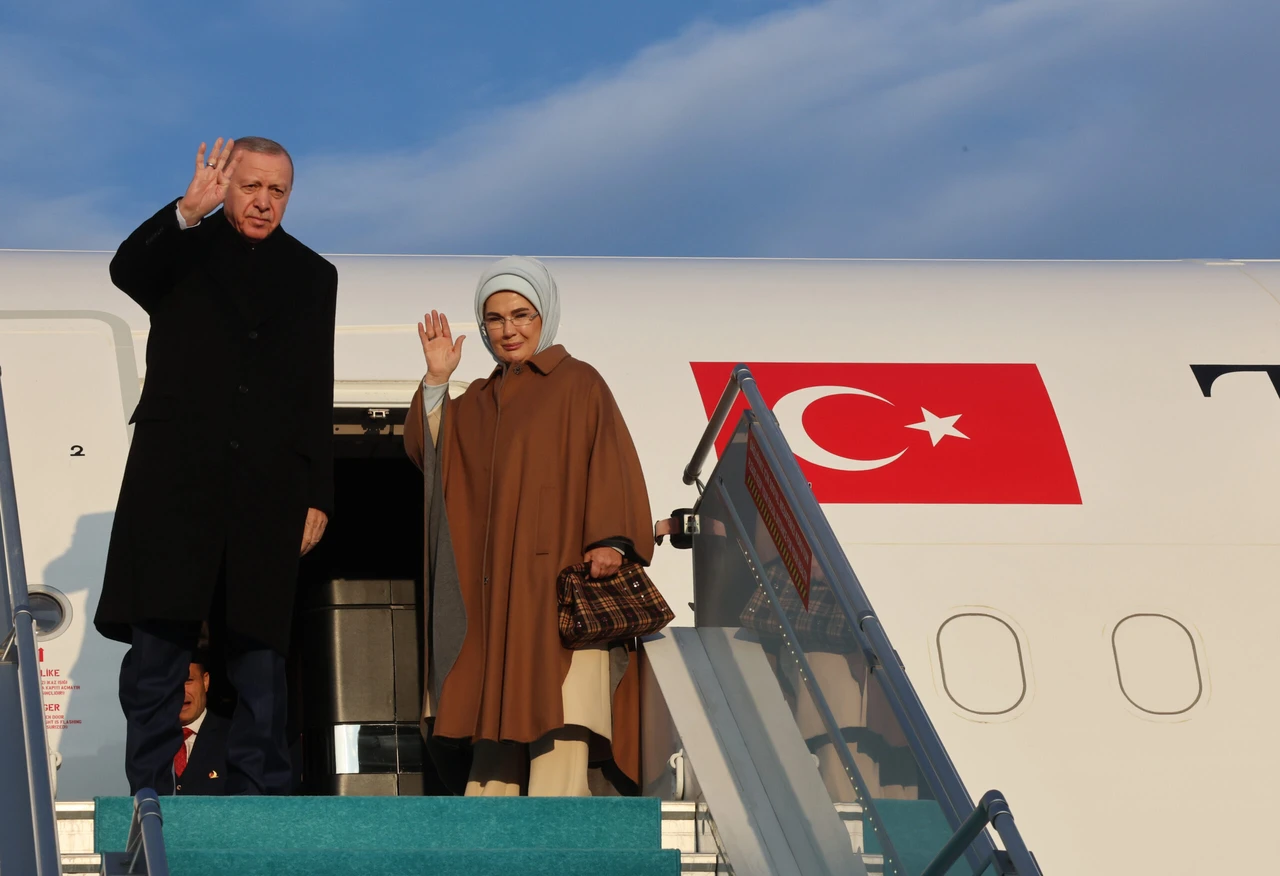Türkiye’s Intelligence Academy embraces technological future

The National Intelligence Academy in Türkiye, led by professor Dr. Talha Kose, is set to revolutionize intelligence operations by integrating advanced technology and fostering academic collaboration
Exclusive by Akif Bulbul — The National Intelligence Academy (MIA) in Türkiye, under the leadership of its President, Professor Dr. Talha Kose, is set to revolutionize the field of intelligence with a focus on technology.
Kose spoke to media representatives in Ankara and highlighted the pivotal role of technology in modern intelligence operations, stating: “Intelligence is no longer about human elements but technology. The 21st century will witness information wars where artificial intelligence, space technology and cybersecurity are the priorities.”
Transforming intelligence through academia
Kose emphasized Türkiye’s longstanding tradition and robust foundation in intelligence, noting the establishment of MIA as a milestone in addressing intelligence and security from an academic perspective.
“Türkiye has a deep-rooted history and strong foundation in intelligence. It’s crucial to discuss and conceptualize this foundation academically. Intelligence studies are globally a scientific research field, with universities and think tanks introducing new concepts, theories, and methods,” he said.
MIA aims to foster an academic community of scholars, experts, and practitioners dedicated to intelligence studies. Kose explained: “We aim to create a community of academics and experts in intelligence studies, providing a platform for interaction across various scientific disciplines. Through workshops, symposiums, and research projects, we will establish a network that generates new synergies and ideas in Türkiye.”
The era of information wars has begun
Kose declared the 21st century the era of information wars, stating: “The Cold War era has ended, and the world has entered a multipolar phase. We must be prepared for information wars involving robots, artificial intelligence, and technological elements. Intelligence is now 80% technological and not reliant on human elements.”
Student applications and educational programs
MIA has established two institutes to offer postgraduate programs, with applications starting in June. Kose outlined the initial offerings, including four master’s programs under the Institute of Intelligence and Security: Intelligence Studies, Security Studies, African Studies, and Russian and African Studies.
He stressed the importance of regional studies in MIA’s vision and plans to expand these programs over time.
Additionally, the Institute of Engineering and Natural Sciences will offer programs in Computer Engineering and Electrical-Electronics Engineering, focusing on cybersecurity, data science, artificial intelligence, cryptology, satellite and space systems.
“These areas were chosen considering Türkiye’s strategic priorities. Graduates will contribute to Türkiye’s strategic vision,” Kose stated.
Supporting critical language education
MIA will also establish a Language School to address the need for education in critical languages such as Chinese, Russian, Arabic, Persian, Hebrew, Armenian, Greek and other necessary languages.
This initiative is part of a broader strategy to foster a culture of data sharing and collaboration among state institutions, leveraging Türkiye’s largest data center, the National Intelligence Organization (MIT).
Analyzing terrorist threats
“Counterterrorism and Türkiye: The ISIS/Khurasan Structure,” MIA’s latest report examines the dynamics of ISIS/Khurasan’s strategy in Central Asia.
The report analyzes the group’s exploitation of historical and political contexts for recruitment, tactical strategies, propaganda narratives and the socio-political vulnerabilities resulting from prolonged destabilizing interventions.
It asserts the role of radical ideologies in perpetuating cycles of violence, making communities more susceptible to exploitation and manipulation.



